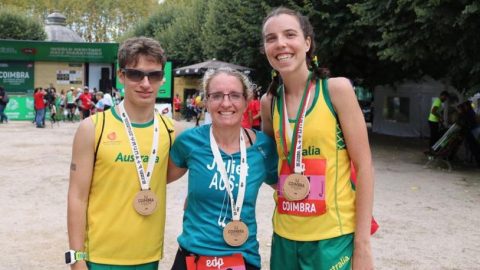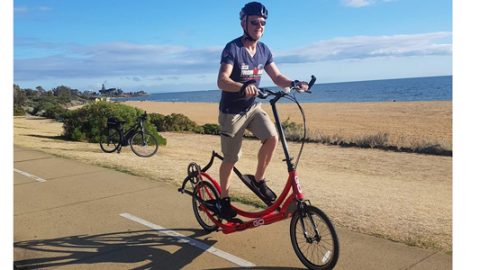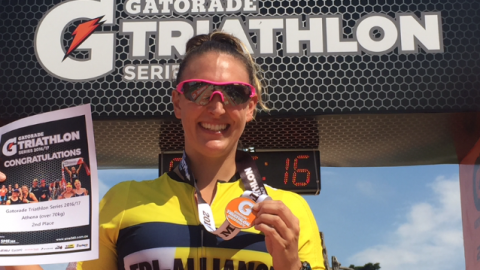NUTRITION TIPS TO BOOST YOUR IMMUNE SYSTEM
There’s nothing worse or more frustrating than getting sick just before a race, or when you’re in the middle of a training build. While moderate levels of exercise or training are good for your health and can enhance your immune system, prolonged, high-intensity endurance exercise or training can dampen the immune system, making triathletes often more susceptible to the common colds and flu’s.
The primary role of the immune system, which consists of several types of cells that are collectively known as white blood cells, is to recognise and get rid of anything foreign that enters the body, thereby fighting off infection. Prolonged, high intensity endurance training can dampen even the strongest immune system. This is largely due to the two hormones, cortisol and epinephrine (or adrenaline) that are released into the blood stream by the adrenal gland, when the body is stressed in this way. These hormones allow you to perform physical activity over extended periods of time but unfortunately they also reduce the effectiveness of the white blood cells, thereby decreasing the effectiveness of your immune system. This is why triathletes are often more susceptible to catching colds and flus, particularly when training duration and intensity increases, and why it’s important for triathletes to do everything possible to maintain a strong immune system.
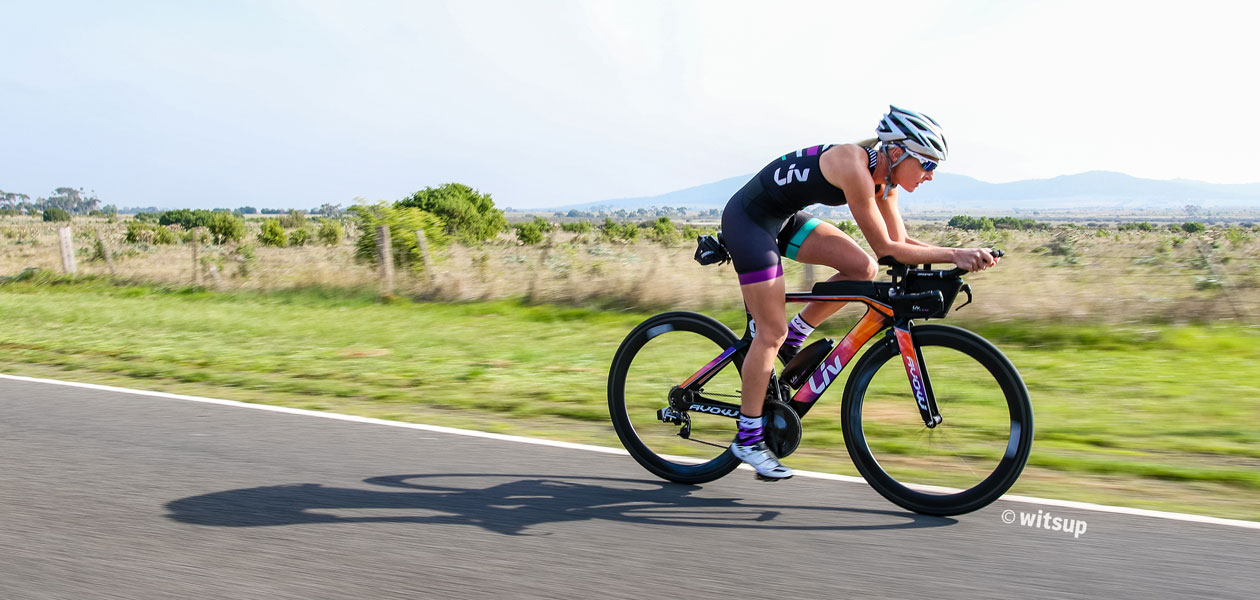
Along with avoiding close contact with people who are sick, frequent hand washing, adequate rest and recovery, here are my top nutrition tips for maintaining a strong immune system this season:
1. Fuel your training appropriately. Enjoy regular, balanced meals, with foods from each of the food groups, aiming to meet your individual requirements for total calories, carbohydrates, protein and healthy fats. It’s particularly important not to skimp on healthy carbohydrates (e.g. starchy vegetables, fruit) during the race season or during an Ironman build and to ensure an adequate intake of healthy carbohydrates before, during and after training. This is because dietary carbohydrate is a critical fuel source for both muscle cells and immune system cells.
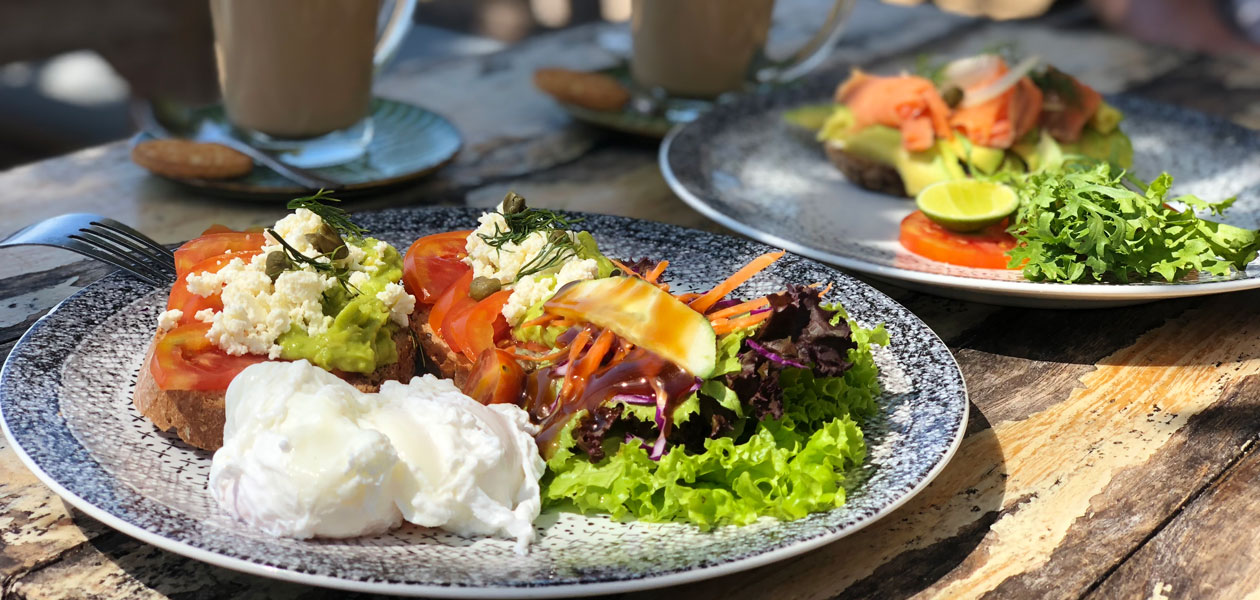
2. Avoid excessively restricting your total caloric intake. Excessively restricting your total daily intake when training duration and intensity increases causes more stress hormones to be released, which in turn weakens the immune system.
3. Eat plenty of fruits and vegetables. Fruit and vegetables are packed with vitamins, minerals and antioxidants, all of which are important for maintaining a strong immune system. Aim to have two serves of fruit each day, and make sure to enjoy at least half a plate worth of salad/low starch vegetables at lunch and dinner; make your plate as colorful as possible, enjoying the nutrient benefits of a wide variety of fruits and vegetables each day.
4. Combat inflammation caused by intense, prolonged training, with foods that are anti-inflammatory. Foods that combat inflammation include blueberries, dark leafy green vegetables, brightly colored fruits and vegetables (these are full of antioxidants), salmon and turmeric to name a few.
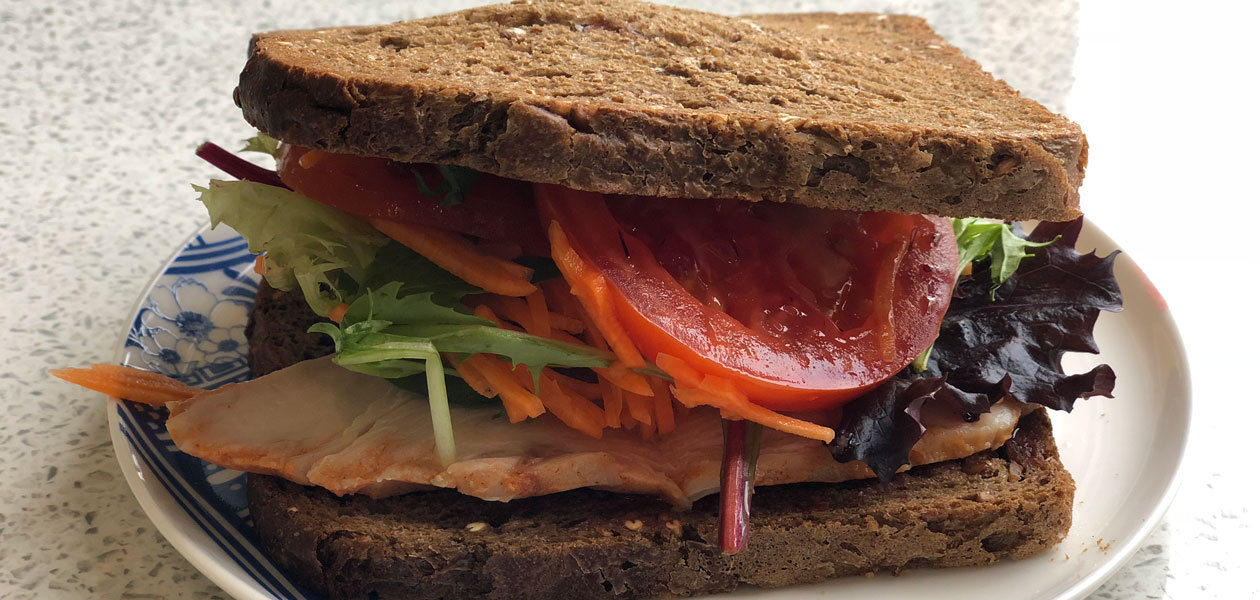
5. Include a moderate amount of healthy fats, particularly omega-3 fatty acids, in your eating plan. One way to get your omega-3 fatty acids is to have oily fish, like salmon, at least twice during the week at lunch or dinner. Other foods containing healthy fats include avocado and nuts, in particular almonds and walnuts.
6. Ensure an adequate intake of protein. Endurance athletes have increased protein needs. For adequate recovery and muscle adaptation after training; aim to have 15-25g protein within 30-60 minutes after training. Also aim to include some protein at each meal and snack. Good sources of protein include lean meat, skinless chicken, fish, eggs, lentils and legumes, nuts, dairy.
7. Ensure adequate fluid intake, to prevent dehydration and to maintain optimal body functioning.
8. Include probiotics (for example Inner Health Plus) or yoghurt in your nutrition plan, as these enhance gut health and immunity.
9. Consider a multivitamin and mineral supplement such as ‘Super greens and reds – Super-food Multivitamin’ powder. Add to water, juice or a smoothie. This supplement contains antioxidants, vitamins and minerals and while it shouldn’t replace a healthy, nutritious, balanced eating plan, it may help to supplement your intake, ensuring you are getting the nutrients that your body needs to maintain a strong immune system during the race season or during the training build.
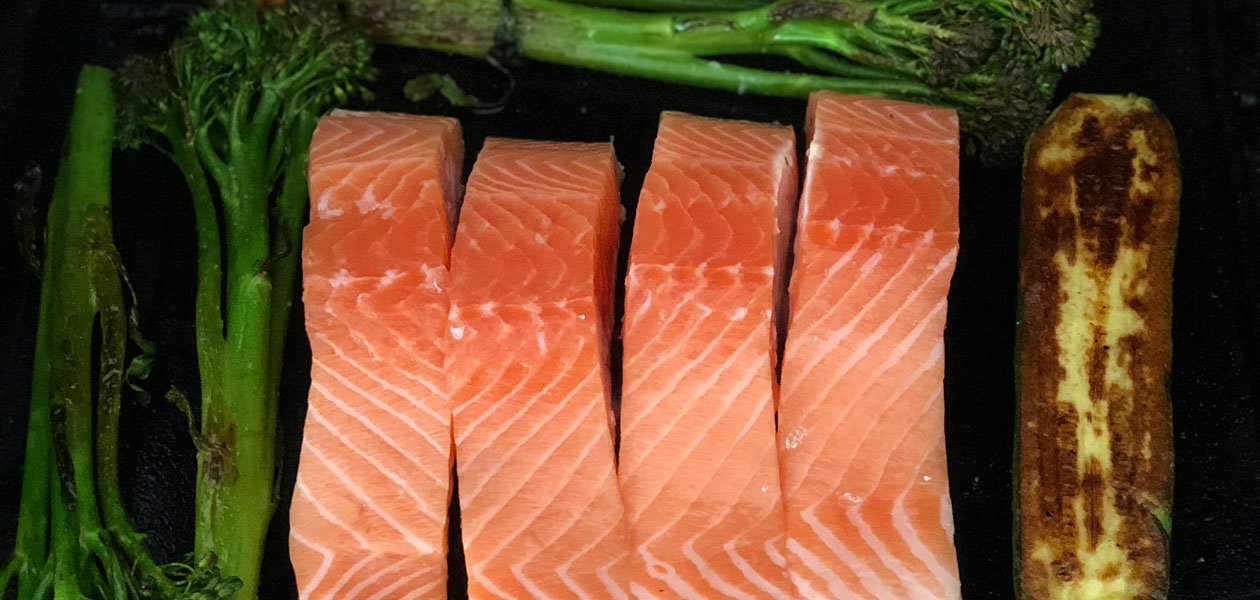
Poor nutrition and heavy training loads can have a negative impact on your immune system. Enjoying a healthy, balanced eating plan with foods from each of the food groups, thereby ensuring an adequate intake of vitamins and minerals, preventing deficiencies, is the key to maintaining a strong immune system throughout the race season or during a training build. No one wants to get sick before a race or during an important build – a healthy, balanced nutrition plan is your ticket to preventing colds and flu’s this race season.
Further reading:
Burke, L. and Deakin, V. Clinical Sports Nutrition, ‘Nutrition for the athletes immune system: eating to stay well during training and competition’, p 501-507. The McGraw-Hill companies. Fourth edition 2010. Text © 2010 Louise Burke and Vicki Deakin.
Hutchison, J. ‘Nutrition Strategies for a Healthy Immune System’. http://www.ironman.com/triathlon-nwes/articles/2007/02/nutrition-strategies-for-a-healthy-immune-system.aspx#axzz2qt2QEOuh accessed 20/01/14.
Moore, P. ‘How Exercise Affects Your Immune System’. http://triathlete-europe.competitor.com/2010/08/20/exercise-affects-immune-system accessed 20/01/14.
Originally written by Margaret Mielczarek (APN, AN, AccSD) for Tri Alliance. Margaret is a qualified sports dietitian and specialises in triathlon nutrition and weight loss.




